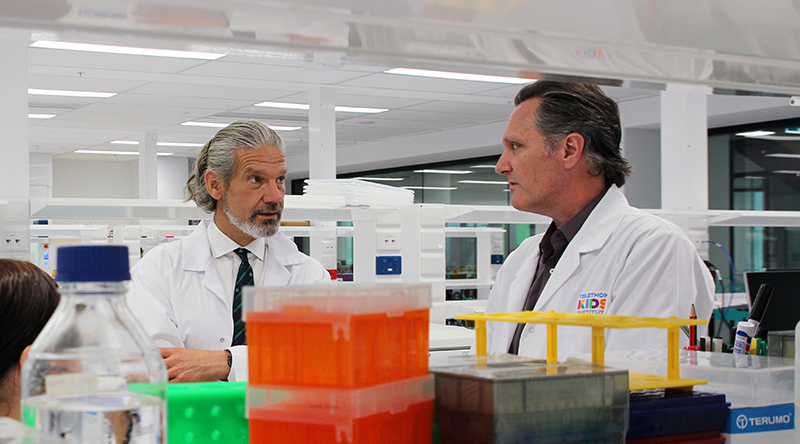Search
Research
Western Australian health care workers’ views on mandatory COVID-19 vaccination for the workplaceHealth care workers (HCWs) are at an increased risk of catching and spreading Coronavirus Disease 2019 (COVID-19) compared with the general community, putting health systems at risk. Several jurisdictions globally have mandated or are looking to mandate COVID-19 vaccines for this cohort, but little is known about the acceptability of this measure, especially in different contexts, and there is little qualitative data to explore nuance, depth, and the reasons behind HCWs’ opinions.
Research
Reopening to the world: how safety, normality and trust in government shape young adults’ COVID-19 vaccine intentionsDuring the COVID-19 pandemic, and particularly 2020-2021, young adults were often significant transmitters of the virus. Prior to the availability of vaccines for young adults, we sought to understand what would contribute to their uptake of a COVID-19 vaccine and how government policy might intervene. We undertook qualitative interviews between February and April 2021 with 19 participants (aged 18-29) in Perth, Western Australia.

News & Events
BHP commits $2.6 million to research focused on stopping COVID-19 spreadResearchers from The Kids Research Institute Australia will lead a world first trial to test the effectiveness of the drug interferon in stopping outbreaks of COVID-19 by reducing the infectiousness of people who contract the virus.

News & Events
COVID-19 informationThe situation with COVID-19 is constantly evolving, and there is an extraordinary amount of information circulating which can be both overwhelming and difficult to navigate.

News & Events
What parents should know about coronavirusSchools are issuing restrictions around attendance after travel overseas due to coronavirus. Here's how to prepare your kids against the spread of infectious disease on their return to school.
Research
Prolonged Grief Disorder, but Not Death From COVID-19, Elicits Public Stigma: A Vignette-Based ExperimentWe investigated the effects of cause of death (COVID-19 with an underlying medical condition vs. without) and prolonged grief disorder status (PGD present or absent) on participants' reported public stigma towards the bereaved.
Research
Wastewater-based epidemiological surveillance of SARS-CoV-2 new variants BA.2.86 and offspring JN.1 in South and Southeast AsiaAnthony Kicic BSc (Hons) PhD Rothwell Family Fellow; Head, Airway Epithelial Research Anthony.Kicic@thekids.org.au Rothwell Family Fellow; Head,
Research
The Platform Trial In COVID-19 Priming and BOOsting (PICOBOO): The immunogenicity, reactogenicity, and safety of different COVID-19 vaccinations administered as a second boosterPICOBOO is a randomised, adaptive trial evaluating the immunogenicity, reactogenicity, and safety of COVID-19 booster strategies. We report data for second boosters among individuals 50-<70 years old primed with AZD1222 (50-<70y-AZD1222) until Day 84.
Research
Pandemic preparedness needs for children with rare diseases and their families: A perspective of COVID-19 experiencesPeople living with rare diseases had a high risk of negative health outcomes due to COVID-19. Pandemic preparedness will ensure best practice procedures and optimal outcomes during future pandemic events. This paper sought to understand the needs of children with rare diseases during the COVID-19 pandemic to inform preparation for future pandemic and disaster events. First, impacts and outcomes from the COVID-19 pandemic on people living with rare disease were identified in the literature.
Research
Use of high-resolution fluorescence in situ hybridization for fast and robust detection of SARS-CoV-2 RNAsEarly, rapid, and accurate diagnostic tests play critical roles not only in the identification/management of individuals infected by SARS-CoV-2, but also in fast and effective public health surveillance, containment, and response. Our aim has been to develop a fast and robust fluorescence in situ hybridization (FISH) detection method for detecting SARS-CoV-2 RNAs by using an HEK 293 T cell culture model.
